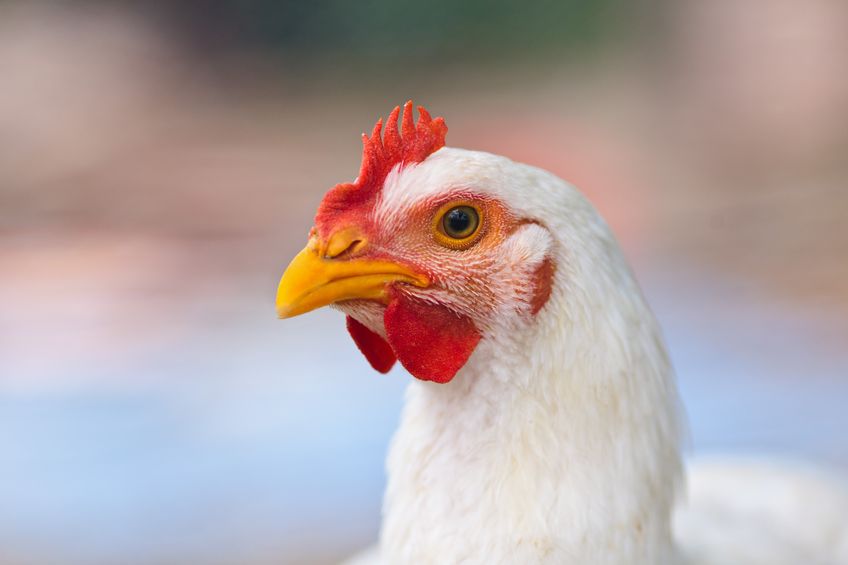
Hundreds of tonnes of antibiotics known as ionophores are being used in poultry production despite concern from antimicrobial resistance (AMR) campaigners.
In an investigation for BBC One's Countryfile, campaigners fear certain ionophores could cause resistance to antibiotics that are medically important for humans.
John Reed, Chairman of Antibiotic Stewardship with the British Poultry Council said that ionophores “are classed as feed additives” as they are not classed as antibiotics by the Veterinary Medicines Directorate.
Although he conceded that whilst by definition it is an antibiotic, it is used only in animals and not in humans and he does not believe they pose a risk to the consumer.
However, Cóilín Nunan, from the Alliance to Save our Antibiotics, said the group are calling for ionophores to be made prescription-only.
He said that high levels of ionophores, which are potentially toxic to humans, could leave residues in meat and in manure, which is used as fertiliser and could contribute to further spread in the environment.
Tom Heap, presenter of the programme, said that using ionophores as an additive to chicken feed is 'clearly debatable'.
Despite this, farmers have cut down their total use of antibiotics over the past six years from 81 tonnes to just over 14 tonnes annually.
And some farmers in the poultry sector are now completely antibiotic-free. Herefordshire farmer Richard Williams, who supplies meat to supermarkets and restaurants from more than one million chickens every year, told the BBC he no longer used antibiotics to prevent illness.
He said: “Things have changed in the last five years – we’ve used antibiotics twice and that equates to about one-and-a-half per cent of the birds we produce here.
“From a farmer, a businessman, point of view, antibiotics cost money so if we can do without them it’s better for the birds, it’s better for me.”
